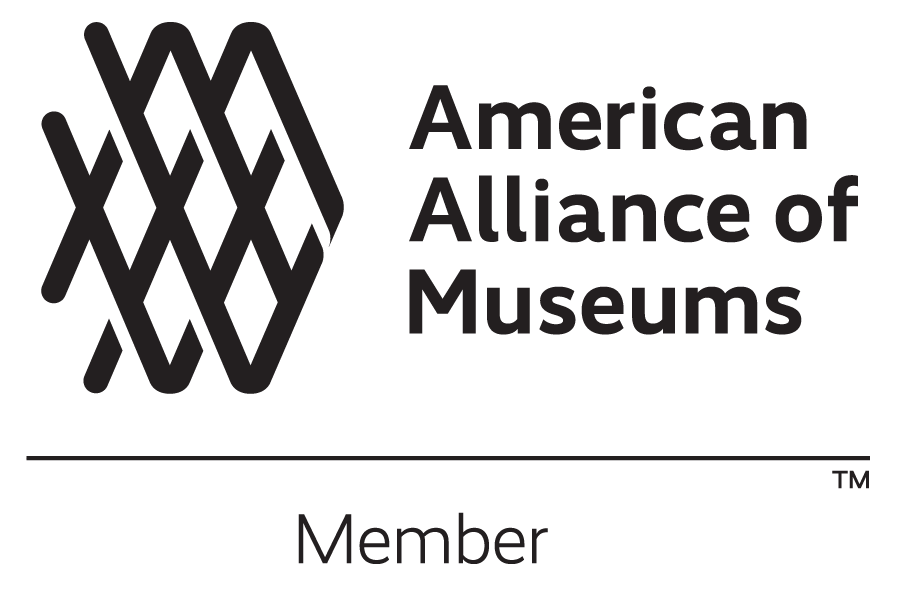Enlistment of Freed and Enslaved Blacks
in the Continental Army
During the Colonial Era, it was standard protocol for every household to own a musket. When joining the local militia, you were required to bring a musket. Many colonies had laws against even freed Blacks from owning guns. If an enslaved person was ever caught with a weapon, the punishment was often having an appendage cut off, lashed, or even death. Whether for the Patriots or Loyalists, joining the war usually meant the first time these men would be holding a musket.
SOLDIERS AT THE SIEGE OF YORKTOWN (1781), JEAN-BAPTISTE-ANTOINE DEVERGER. THE SOLIDER ON THE LEFT DEPICTS A MEMBER OF THE RHODE ISLAND REGIMENT.
Historians estimate around 5,000 Black men served in the Continental Army. Although muster rolls did not indicate race, approximately 5% of the soldiers at the Battle of Bunker Hill were Black.
When General Washington took control of the Continental Army in July 1775, he issued an order barring most Blacks from enlisting in the Continental Army and granted few exceptions to those already serving; Connecticut, Massachusetts, and Virginia barred enslaved enlistment entirely. Ultimately, the Continental Congress unanimously agreed to dismiss all enslaved persons from the military and, by a majority, voted to remove all free Blacks. In January 1776, General Washington allowed the enlistment of free Blacks with prior military experience. By the following year, enlistment was extending to all free men to help fill the Continental Army's depleted ranks. In both northern and southern colonies, enslavers enlisting an enslaved man in their place and hiring or purchasing an enslaved person to serve as a substitute were common practices. Although enlisted in the Continental Army, there was no guarantee of securing their freedom after the war.




